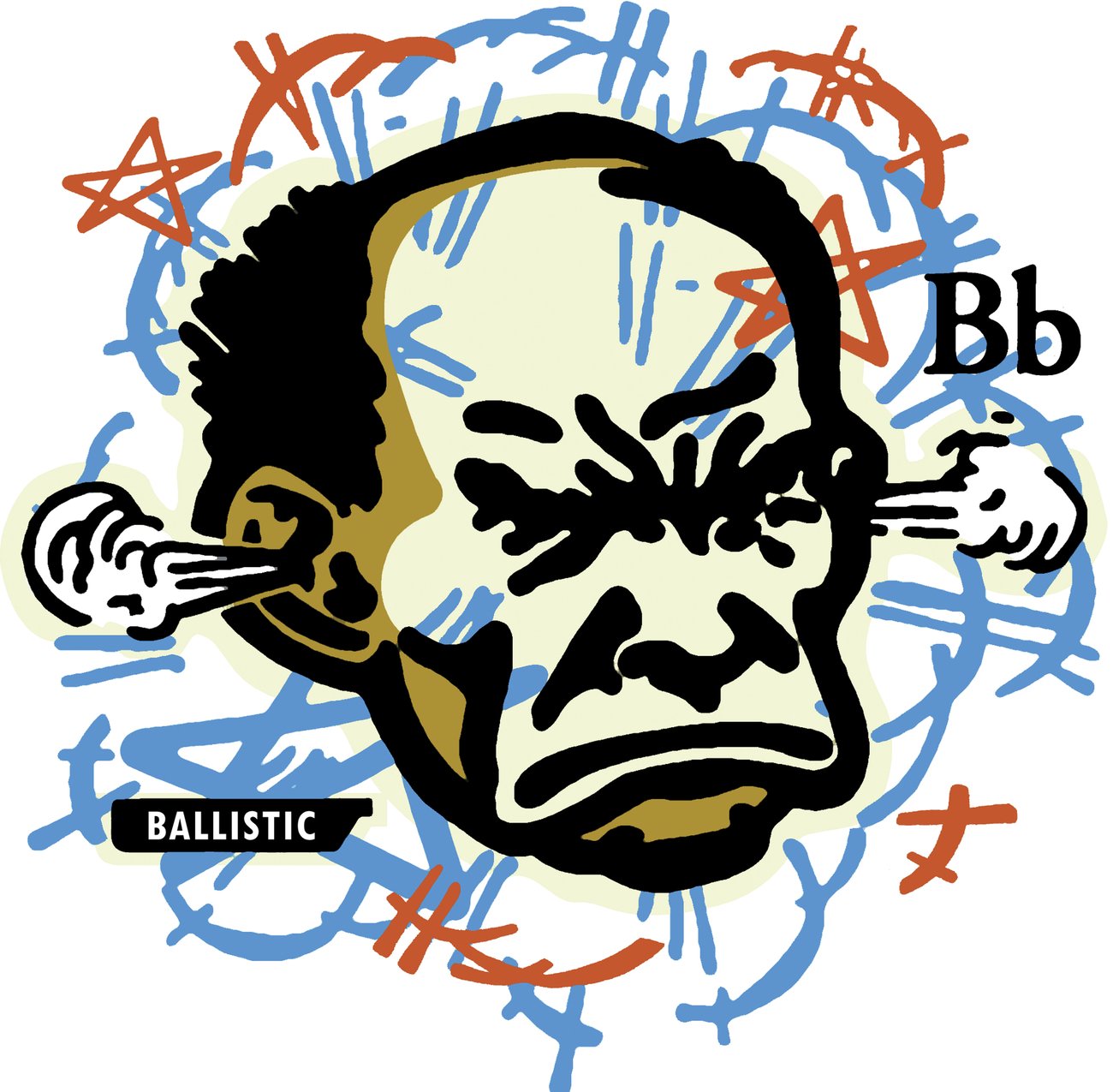Don’t worry, be grumpy: Why your bad attitude might be great for your productivity

You’re having one of those days. After struggling out of bed you banged your toe on the doorframe and couldn’t find the shirt you wanted to wear. The barista got your coffee order wrong, bumper-to-bumper traffic made you late for your morning meeting, and your boss gave you that cold look she’s famous for. You’re at work, in a huff, and you can’t see your mood improving anytime soon.
Don’t worry, be grumpy. That bad mood might make your day.
Our current cultural epoch is focused on relentlessly pursuing happiness. We do yoga, cut sugar and practice mindfulness, hoping to render bad days extinct. And while those things have their benefits (making us feel good, not least of which), our bad moods have an upside.
Dr Joseph Forgas, a scientist in Sydney, is an expert at making his subjects grumpy. He’s shown that instead of withdrawing into a dark, unproductive cave, we actually improve during our funks. We’re more motivated, persuasive and creative, with better negotiation and judgment skills.
His theory is that bad moods let your brain know you’re in a new, challenging situation, and reset it to function “bottom-up”.
Normally, we operate “top-down”, taking in information from our surroundings and interpreting that information using what we already know, and making assumptions to fill in the gaps.
But when we’re in a totally new situation, established knowledge doesn’t help us. Instead, we revert to a bottom-up approach, making decisions based solely on the information provided.
Psychologists have shown that mild hostility during group work produces more innovative ideas.
Forgas tested this by imposing specific moods on his participants using short movie extracts; comedies like Pink Panther and Fawlty Towers boosted mood, whereas gritty dramas like A Single Man and Philadelphia brought people down.
Once primed, he gave participants tough brainteasers, and asked them to spend as long as they wanted solving the problems. Cheery subjects gave up quickly, while grumpy participants persevered for longer and were more successful overall.
He also asked subjects to write persuasive arguments for controversial issues, and found that those in bad moods were more likely to bring naïve observers round to their point of view.
Their arguments featured more concrete, tangible information, and were ultimately more convincing.
Next, Forgas tested judgment. We naturally draw conclusions about people in our first few minutes of interaction, and are unlikely to renege those judgments based on later information.
But he found when you’re in a bad mood you weigh early and late information equally, making you a more accurate judge of character. Furthermore, you’re less gullible and less influenced by appearance – so that power suit won’t intimidate you.
Your negotiation skills also benefit from feeling a bit crabby. Moody people are more likely to make fair offers, and to reject unfair ones.
If your bad mood is created by tension in your office, so much the better. Although individually we’re more creative when we’re happy, some tension helps new ideas flow in collaborative environments.
When you like your co-workers, you’re less likely to point out mistakes or propose other solutions. In fact, psychologists have shown that mild hostility during group work produces more innovative ideas.
Of course, a bad mood isn’t always desirable, and negativity spreads fast throughout the office, but the occasional bad mood is inevitable, and we’re starting to understand why.
Turns out, our unrelenting pursuit of happiness might be self-defeating, and we’d be better off recognising that bad moods play an important role in professional practice.
So next time you get up on the proverbial wrong side of the bed, embrace it. It might be the start of an exceptional day.




